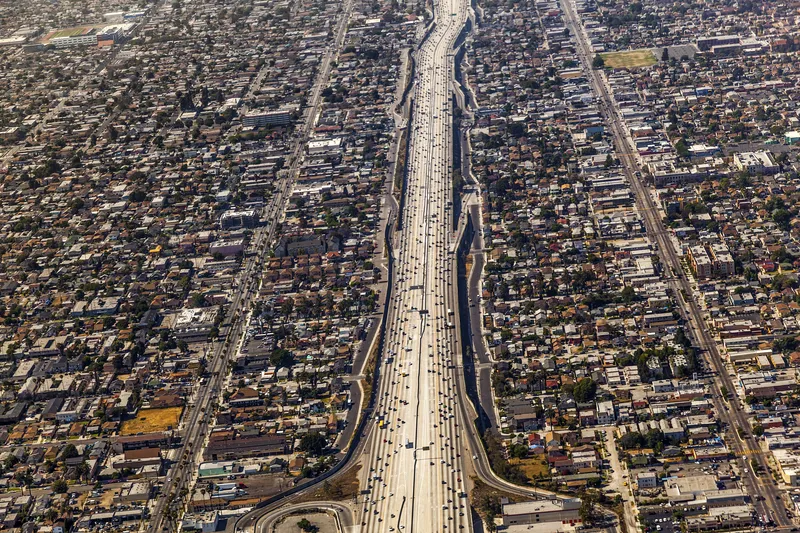Medium-sized cities across the US have submitted applications for the US Department of Transportation (USDOT) Smart City Challenge. According to US Transportation Secretary Anthony Foxx, 77 cities from Reno to Rochester and Anchorage to Albuquerque have applied to enter the competition, which seeks to create an innovative, fully integrated model city that uses data, technology and creativity to shape how people and goods move in the future.
The USDOT will award the winning city up to US$40 million to imp
February 9, 2016
Read time: 2 mins
Medium-sized cities across the US have submitted applications for the 324 US Department of Transportation (USDOT) Smart City Challenge. According to US Transportation Secretary Anthony Foxx, 77 cities from Reno to Rochester and Anchorage to Albuquerque have applied to enter the competition, which seeks to create an innovative, fully integrated model city that uses data, technology and creativity to shape how people and goods move in the future.
The USDOT will award the winning city up to US$40 million to implement bold, data-driven ideas that make transportation safer, easier, and more reliable. Additionally, Paul G. Allen's Vulcan Inc. intends to award up to US$10 million to the challenge winner to support electric vehicle deployment and other carbon emission reduction strategies, while Mobileye announced that it would outfit the entire fleet of the winning city's public bus system with its Shield + driver-assistance safety technology.
Applicants from cities across the country were asked to include a range of innovations and data-driven platforms to anticipate and address community needs. Specifically, the USDOT is looking at how to integrate multiple innovations such as automated vehicles, the sharing economy, and other technologies into a network that connects people to their intelligent transportation system.
Five finalists will be announced at SXSW in Austin on 12 March. These finalists will each receive US$100,000 to hone their proposals and develop applications for the final selection process scheduled for June 2016. Vulcan will work with the USDOT to assist the five finalist cities with technical guidance and other support in keeping with its commitment to leverage technology, investments, and philanthropy to drive a low-carbon future.
The USDOT will award the winning city up to US$40 million to implement bold, data-driven ideas that make transportation safer, easier, and more reliable. Additionally, Paul G. Allen's Vulcan Inc. intends to award up to US$10 million to the challenge winner to support electric vehicle deployment and other carbon emission reduction strategies, while Mobileye announced that it would outfit the entire fleet of the winning city's public bus system with its Shield + driver-assistance safety technology.
Applicants from cities across the country were asked to include a range of innovations and data-driven platforms to anticipate and address community needs. Specifically, the USDOT is looking at how to integrate multiple innovations such as automated vehicles, the sharing economy, and other technologies into a network that connects people to their intelligent transportation system.
Five finalists will be announced at SXSW in Austin on 12 March. These finalists will each receive US$100,000 to hone their proposals and develop applications for the final selection process scheduled for June 2016. Vulcan will work with the USDOT to assist the five finalist cities with technical guidance and other support in keeping with its commitment to leverage technology, investments, and philanthropy to drive a low-carbon future.








